The new Republic of Ireland jersey was launched today, and for the first time since 1986, fans buying the shirt will not find a sponsor of the front. While the players never wore sponsored jerseys in competitive games, fan always had to act as walking advertisements for companies such as Opel, Eircom and Three.
The Irish were very much an outlier in this regard. Very few international teams use the jersey as a means of generating sponsorship revenue. Here is a piece I wrote in April 2019 for the Cork City match day programme on the subject and why the Republic of Ireland were an international trailblazer in this regard.
"In May 1924 the Irish Free State (today known as the Republic of Ireland) played its first international football match at the Summer Olympics in Paris, France. Bulgaria were the opponents that day, with the Boys in Green claiming a 1-0 win. Some 579 games later, the Boys in Green overcame Georgia by the same score line, in our most recent UEFA Euro 2020 Qualifier.
Green has always been a part of our national team. The vast majority of Ireland’s performance since 1924 have been in our national colour. It was only in 1969 that a changed strip of white became an option, as the game expanded. Gold was added to jersey from 1978, in various forms, culminating with a one-off “Kerry-style” jersey against Norway on the 1st of May 1985.
It was around this time that much of the evolution in football jerseys globally began to gain momentum. While international jerseys remained largely the same, Ireland did something quite different. In 1986 the Football Association of Ireland became the first national association in the world to place a sponsor on replica kits. Opel became a regular feature of Irish society and fans wearing famous jerseys from Euro ’88, Italia ’90 and USA ’94 all inadvertently acted as advertisements for the German car manufacturer.
This decision created an anomaly that continues to exist to this day. FIFA and UEFA prohibit the use of sponsorship on the front of jerseys in competitive games. This means that Irish fans buying the replica kit today actually buy a jersey that is obviously different to the one that players will wear during match day.
This has not stopped the FAI from successfully selling the right to place a company name on the front of replica Irish jerseys but does provide a rare example today of FIFA and UEFA rules preventing further commercialisation of the game. The Football League were the first to encounter this issue and the history of sponsorship deals can be traced, like most things in the sport, to England.
In 1976, non-league Kettering Town became the first professional club to adorn their jersey with a sponsor. They were immediately reprimanded by the FA, fined, and instructed to remove such wording from their jersey.
The following season, a number of Football League clubs proposed rule changes that would permit the use of sponsorship on jerseys. The proposals were accepted by the FA on the 3rd of June 1977. The rest is history. This is the reason today that we are familiar will sponsorship agreements long-since lapsed and brands such as Sharp, JVC, Candy, Holsten and Opel.
As many Irish fans will recall, Opel was replaced by Eircom from the start of the 2002 World Cup qualifying campaign, with the communications company subsequently replaced by “3” in 2010. For Cork City fans this translates to brands such as Guinness, Nissan, Beamish, Clonakilty black pudding, and today UCC. Kettering Town are the architects of this.
If the ban of sponsorship on international jerseys is ever removed, the Republic of Ireland can rightfully claim to be the “Kettering Town” of international football."
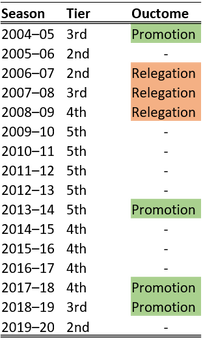
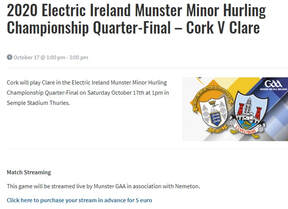
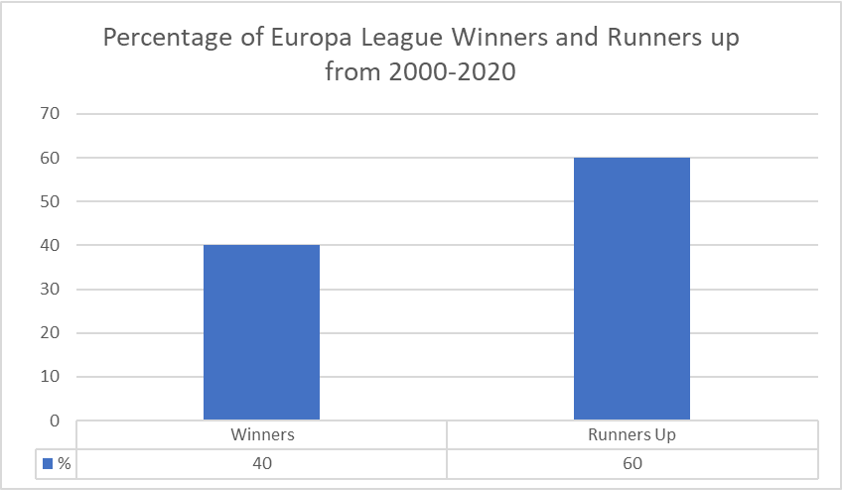
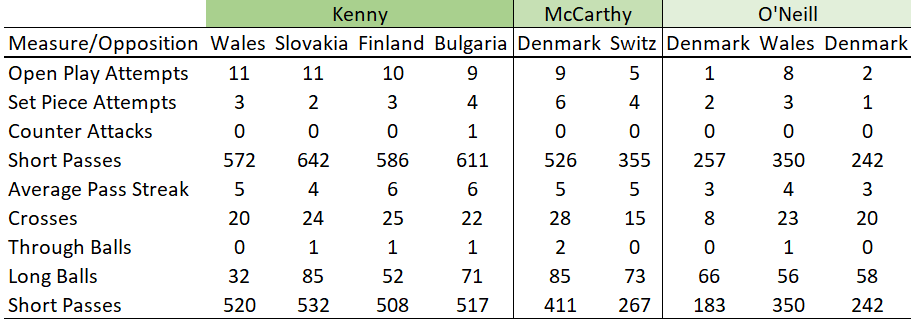
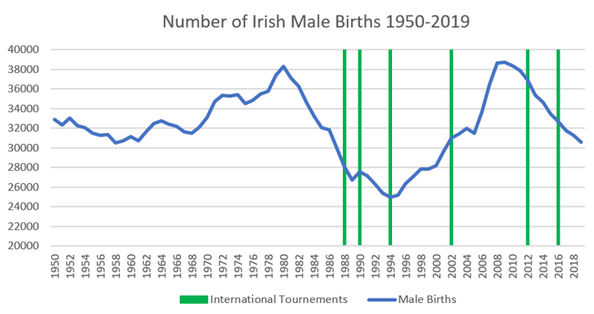
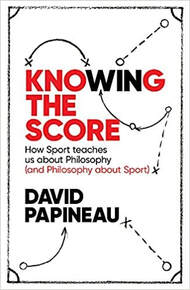
 RSS Feed
RSS Feed